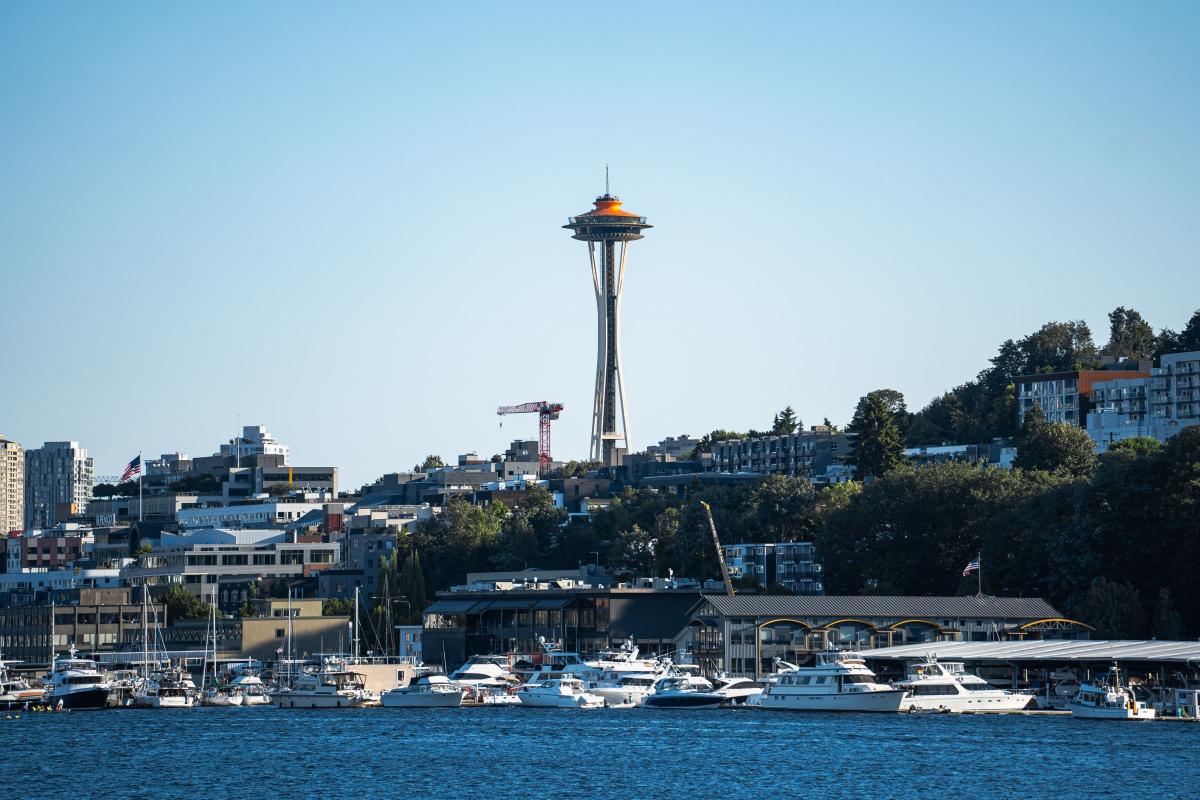Seattle is taking Monsanto to court for their alleged role in polluting the Duwamish River with polychlorinated biphenyls (PCBs). The city claims that, for decades, Monsanto was aware of the potential pollution yet failed to take action. Consequently, Seattle has been forced to expend hundreds of millions of dollars on clean-up efforts.
In 2016 they filed a lawsuit against Monsanto and recently attended a hearing where attorney Kim Kocher argued that this issue had already been resolved through an agreement with Washington State’s Attorney General. Adele Daniel disagreed – maintaining that if any release had occurred it would have specifically stated so within the settlement document. US Magistrate Judge Michelle Peterson was surprised and noted the lack of any prior cases like this one, and will now provide her report back to U.S District Judge Richard Jones, who’ll decide how to proceed.
It’s no secret that man-made chemicals like PCBs can have a hazardous impact on the environment. For decades, Monsanto has argued in court filings that these compounds were once useful for industrial purposes; however, what they don’t mention is how easily PCBs infiltrate our oceans and waterways through soil, plants, animals, and air due to improperly managed landfills.
Despite this fact—or perhaps because of it—Monsanto recently agreed to pay $95 million dollars after being sued by Washington state and the city of Spokane for environmental contamination caused by their use of PCBs.
The potential outcome from Seattle’s lawsuit against Monsanto could set an important precedent with regard to holding chemical companies accountable when it comes to pollution issues; if Seattle wins, other cities may be more likely to pursue legal action against similar offenders, while a victory for Monsanto would mean establishing new interpretations under Washington law, which could make such cases much harder (if not impossible) in future situations.
Regardless as to who prevails at trial, though, one thing remains clear – the presence of toxins like PCBs in places like Duwamish River serves as a grim reminder about how unchecked industrial activity continues to hurt our planet. All of this makes litigation the most important tool we have available right now when it comes to protecting ourselves from further damage going forward.


